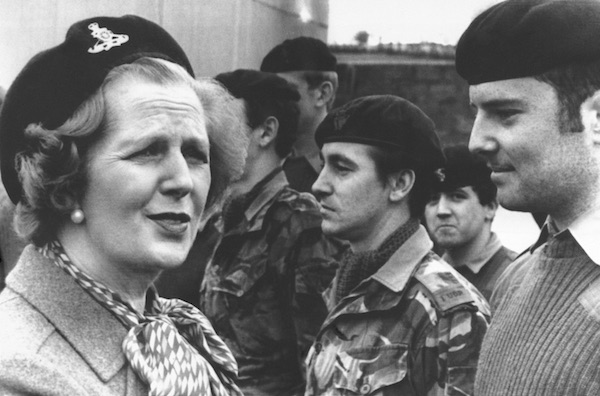
Former H3 blanketman Thomas Dixie Elliott gives his view of the exchanges that took place inside Long Kesh as negotiations were taking place to try to end the 1981 hunger strike.
If we want to fully understand what exactly was going on inside the H-Blocks at the time of the two Hunger Strikes we need to have an honest look at the build up to them.
The Blanket Protest had begun in September 1976 when Kieran Nugent refused to wear the prison uniform, others followed him and the number of men on protest grew. As the years passed things got increasingly worse in regards to beatings etc.
The escalation in the protest merely gave the authorities another weapon with which to attack us, this came in the form of brutal wing shifts and forced washings - a living nightmare.
Throughout the protest men were gradually leaving, being unable to endure what was in effect a hellish existence. No-one can judge anyone in this situation unless you lived through it and those of us who did could understand fully why they left.
I remember word coming to our wing in May 1979 that one of the most prominent men on the protest had left. This sent shock waves throughout the protest, many even speculated that he had been sent to the conforming wings to talk men into coming onto the protest.
Brendan Hughes and some others knew otherwise. They knew things were getting bad, that morale was dipping alarmingly. A change of tactics was even proposed in which we went into the system and wrecked it from within. This was rejected because of the prison clothing aspect. We simply could not wear the convict’s uniform. There was only one other alternative - the Hunger Strike.
Rather than go into the two Hunger Strikes in detail I will simply move forward to July 4 1981. By this time four brave men had died, Bobby Sands had won the Fermanagh/ South Tyrone by-election and 100,000 people had attended his funeral. Down south, shock-waves had been sent through the system with the election victories of Kieran Doherty and Paddy Agnew. The world could no longer be fed the lie that we were criminals.
The pressure from across the globe was building on Thatcher.
In H3 the leadership saw all this yet no end was in sight. Four men were dead and from what I’ve since been told they had not intended it to go beyond four deaths.
Desperate measures were called for and Richard O’Rawe drew up a statement effectively pulling back from political status, saying that all prisoners in the north could avail of the five demands.
This statement gave Thatcher the way out she needed. Her response was immediate. The Mountain Climber Channel was opened between the Foreign Office and Gerry Adams and an offer was made on July 5th/6th which had the most important of our demands included - the right to wear our own clothes at all times.
Before the Hunger Strikes it was accepted that if we were to get our own clothes we could go into the system and make it ungovernable. And who would argue with that?
The right to wear our own clothes effectively smashed the criminalisation policy. There was no ifs nor buts about it. The Thatcher offer gave us a way out as the convict’s uniform was gone.
This is exactly why Richard O’Rawe and Bik McFarlane agreed, within earshot of other prisoners, that the offer contained enough to end it.
![[Irish Republican News]](https://republican-news.org/graphics/title_gifs/rn.gif)
![[Irish Republican News]](https://republican-news.org/graphics/title_gifs/harp.gif)

